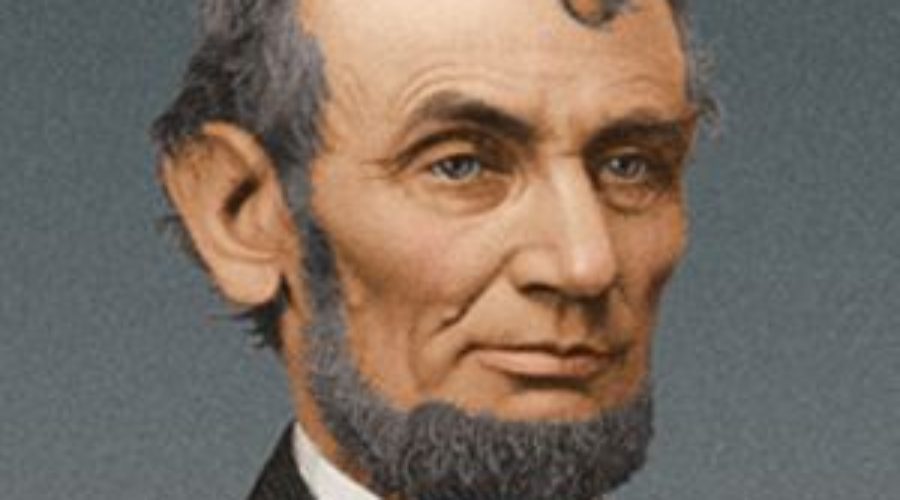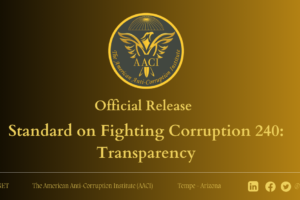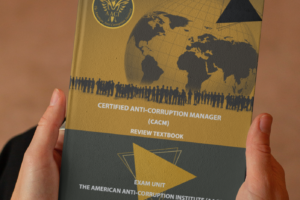
Abraham Lincoln (February 12, 1809 – April 15, 1865) was an American statesman and lawyer who served as the 16th President of the United States from March 1861 until his assassination in April 1865. As a lawyer, public servant or a president, he was known for his honesty, integrity, fairness, and sincerity. Mary Todd Lincoln once wrote to a friend that “Mr. Lincoln . . . is almost monomaniac on the subject of honesty.”
As stated in Lincoln’s Honesty, “Lincoln as commander in chief was honest and straightforward with his generals, always telling them directly what he did and did not appreciate about them. An example of his candor is the following excerpt from a letter to Maj. Gen. Joseph Hooker in early 1863:
“I have placed you at the head of the Army of the Potomac. Of course I have done this upon what appear to me to be sufficient reasons, and yet I think it best for you to know that there are some things in regard to which I am not quite satisfied with you. I believe you to be a brave and a skillful soldier, which of course I like . . . I have heard, in such a way as to believe it, of your recently saying that both the army and the government needed a dictator. Of course it was not for this, but in spite of it, that I have given you the command. Only those generals who gain successes can set up dictators. What I now ask of you is military success, and I will risk the dictatorship.”
In surveys of U.S. scholars ranking presidents conducted since the 1940s, Lincoln is consistently ranked in the top three, often as number one. A 2004 study found that scholars in the fields of history and politics ranked Lincoln number one, while legal scholars placed him second after Washington. In presidential ranking polls conducted in the United States since 1948, Lincoln has been rated at the very top in the majority of polls. Generally, the top three presidents are rated as 1. Lincoln; 2. George Washington; and 3. Franklin D. Roosevelt, although Lincoln and Washington, and Washington and Roosevelt, are occasionally reversed.
We at The American Anti-Corruption Institute (AACI) believe Lincoln’s legacy provides us with invaluable insights into the design and implementation of global initiatives based on Lincoln’s principles of honesty, integrity, and governance: pillars for fighting corruption.











































